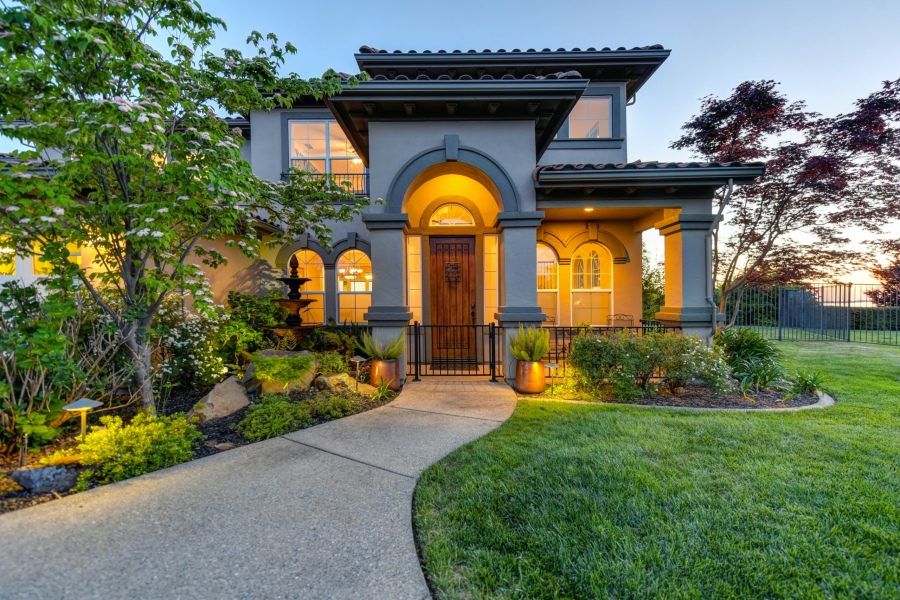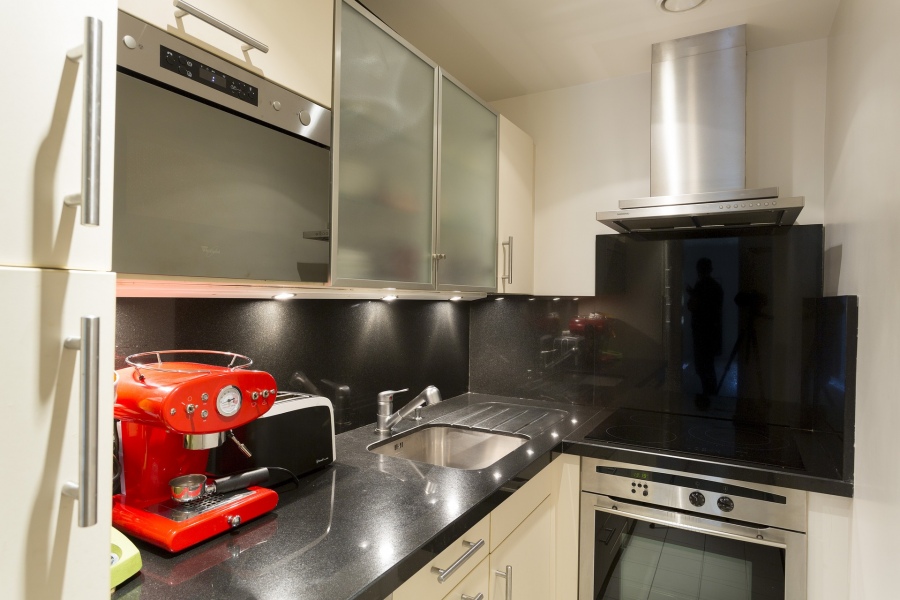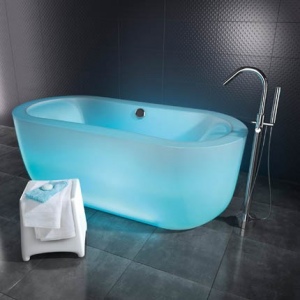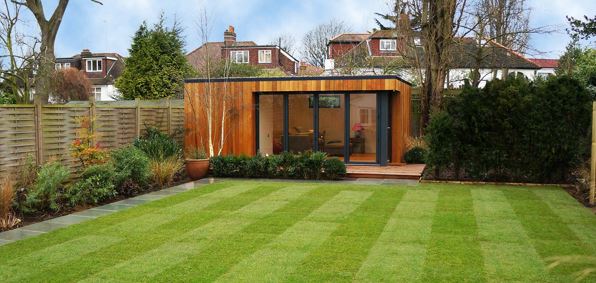Residential heating and air conditioning systems are designed to keep homes comfortable for many years, but homeowners can make mistakes that decrease comfort and increase energy bills. Avoiding these top five errors makes these systems work better, last longer, and cost significantly less.
1. The Wrong Sized System
Heating, ventilation, and air conditioning (HVAC) systems are sized by the amount of energy that it takes to maintain an ideal temperature in a home. Oversized systems not only waste money but, because rooms may reach the set temperature before stale air is removed in the air-exchange cycle, they can make the space feel stuffy or clammy. A system that is too small has to run longer to reach the right temperature, straining the equipment and shortening its service life.
2. Inadequate Maintenance
Just as cars require regular service to prevent breakdowns; home HVAC systems need regular maintenance to prevent unnecessary repairs. Left unchecked, the parts and equipment will be subject to the ill effects of dirt, wear, and corrosion. Seasonal preventative maintenance also helps ensure that equipment is working at peak energy efficiency, saving homeowners money on monthly energy bills.
3. The Wrong Thermostat Operation
Installing a thermostat too close to a sunny window or behind heavy furniture can impede HVAC operation. The thermostat should be moved to an unobstructed inside wall, away from drafts that cause the system to cycle on unnecessarily. Installing a programmable thermostat that allows homeowners to preset temperatures enhances the system’s energy efficiency, reducing heating and cooling bills by up to 15 percent.

4. Leaking Ductwork
Up to 30 percent of conditioned air can be lost to leaky ductwork. Sealing and insulating ducts can significantly improve system energy efficiency. Because the ductwork in forced-air heating and cooling systems is responsible for both delivering and removing air, duct repair requires professional attention to ensure the air-exchange balance isn’t impaired.
5. Poor Energy Efficiency
Even the most energy-efficient HVAC systems can needlessly increase energy bills when installed in a home with poor overall efficiency. Sealing the envelope of the home puts a stop to drafts that cause heating and cooling systems to work harder than they should. Making improvements like weather-stripping doors and windows or adding insulation to the attic can pay off in reduced heating and air conditioning costs.
Professional assistance is the most effective way to avoid or resolve the common mistakes that homeowners make with their HVAC systems. Skilled technicians not only repair and install heating and cooling systems, but also help ensure that they keep homes comfortable while keeping energy costs manageable.
Attached Images:
- License: Royalty Free or iStock source: http://office.microsoft.com/en-us/images/results.aspx?qu=thermostat&ex=1#ai:MP900305825|
- License: Royalty Free or iStock source: http://office.microsoft.com/en-us/images/results.aspx?qu=high+temperature&ex=1#ai:MP900409423|
Stephen Craig is a part of an elite team of writers who have contributed to hundreds of blogs and news sites. Follow him @SCraigSEO.




